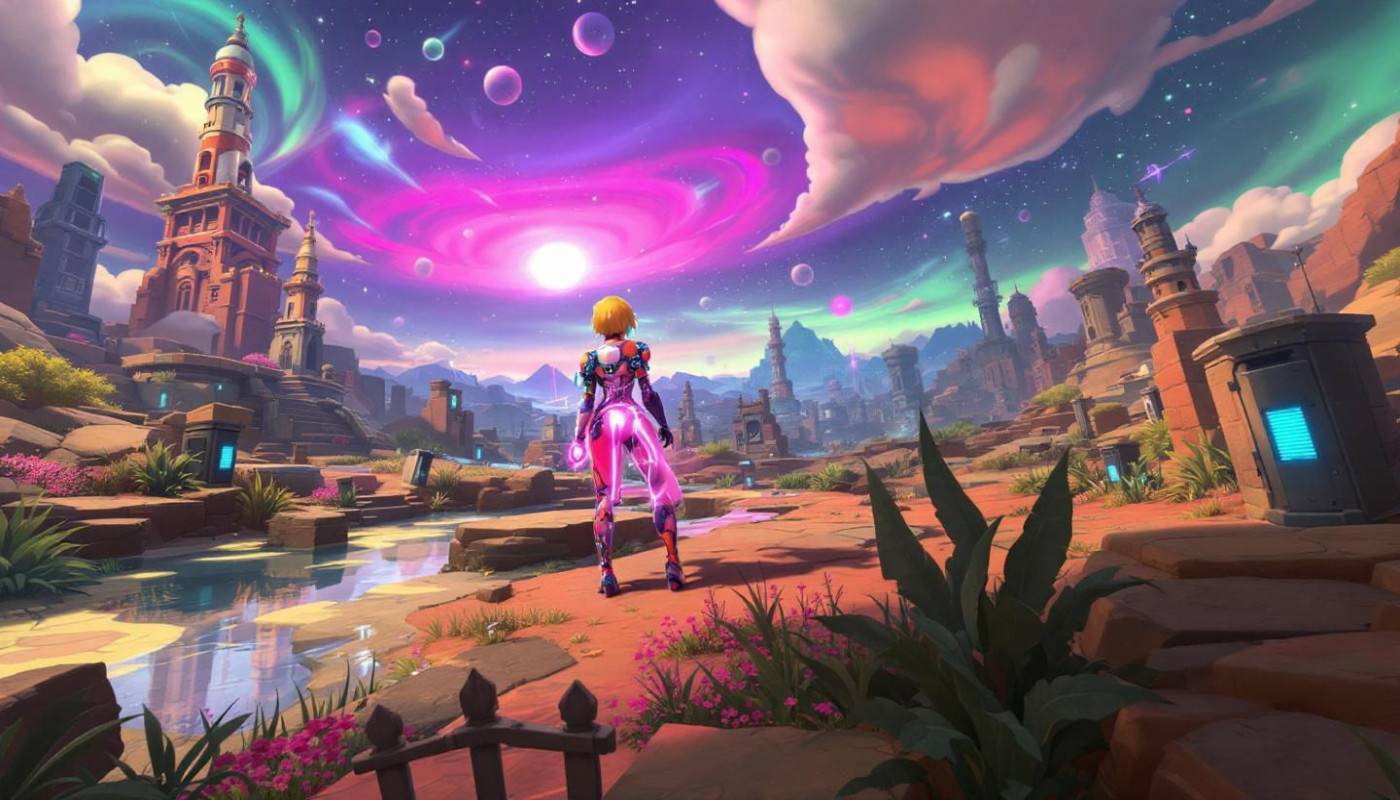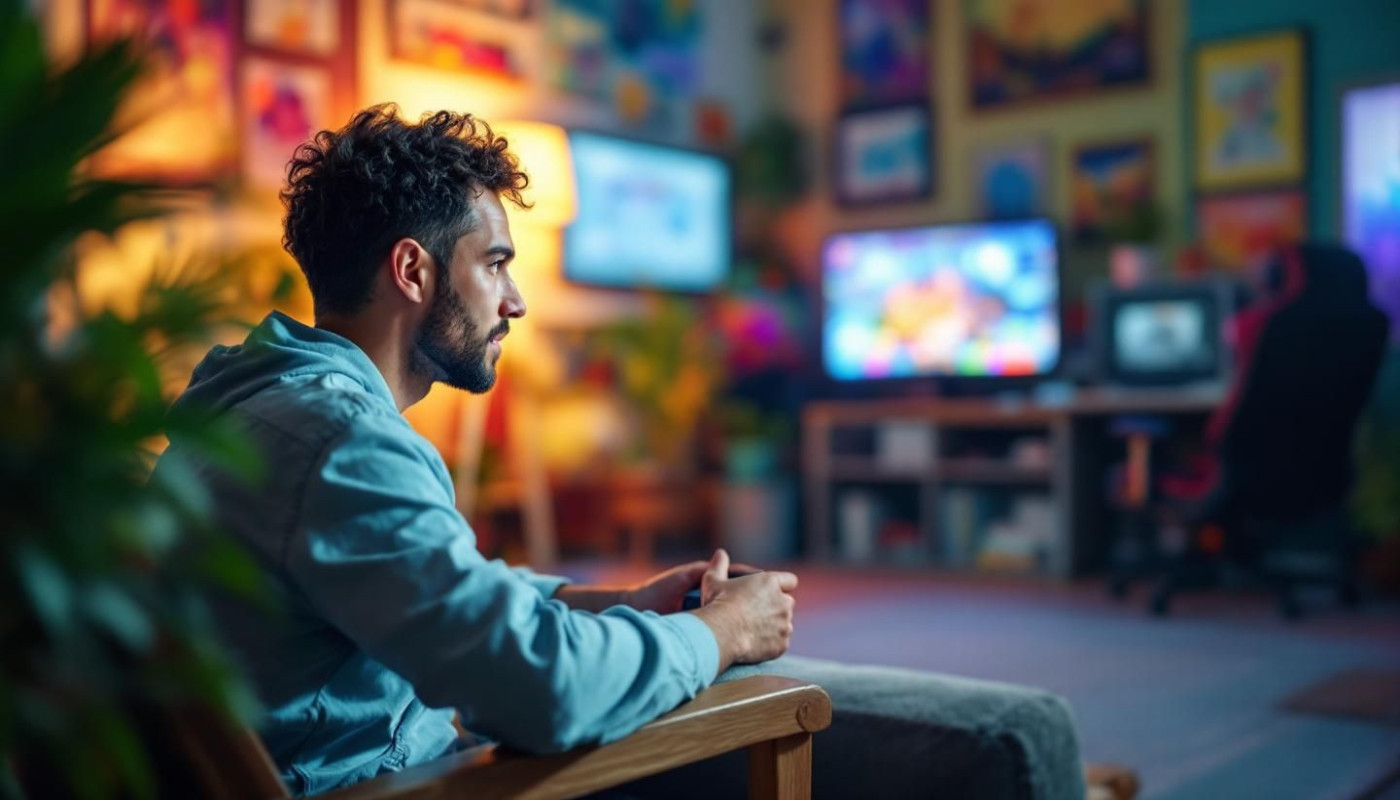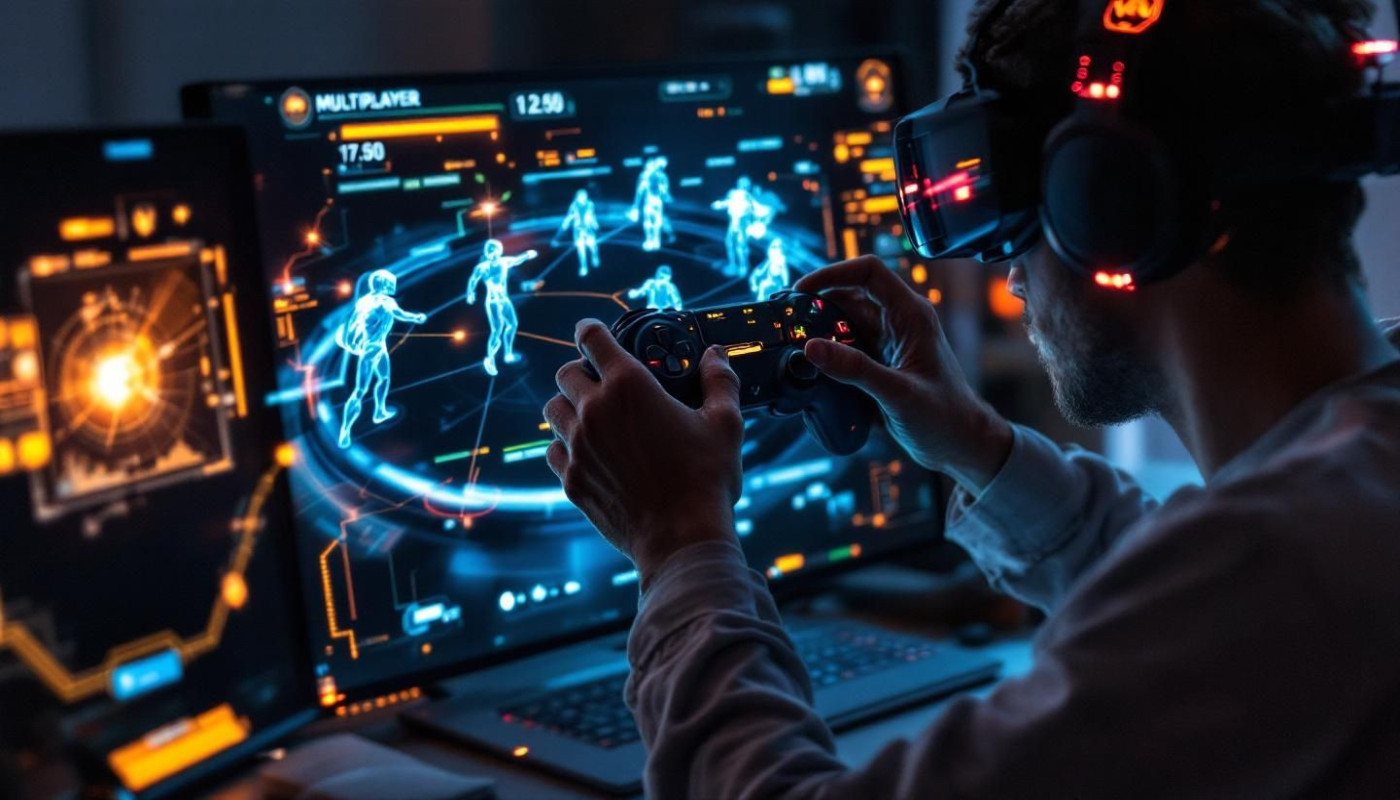Table of contents
The digital landscape has profoundly transformed the way we connect with music events. Gone are the days of solely relying on posters, radio announcements, or word of mouth to inform enthusiasts about upcoming concerts and festivals. This shift has ushered in an era that intertwines music discovery with the sophistication of online platforms. Dive into the evolution of these digital havens where music lovers converge to find their next live experience. This exploration will not only illuminate the journey thus far but will also offer a glimpse into the future of online music event discovery.
The Genesis of Online Event Discovery
The advent of early online platforms marked a significant turning point in how people discovered and engaged with music events. Initially, the pioneers of music event discovery faced an array of challenges, such as bridging the gap between the physical world's dynamics and the digital realm's capabilities. Event organizers and attendees were both navigating uncharted territory, with organizers seeking innovative ways to reach a broader audience and attendees looking for a centralized hub for event information.
The nascent stages of these platforms were characterized by an intense focus on developing a user interface that was intuitive and could cater to attendees' needs effectively. Basic functionalities that laid the groundwork included event listings, search features, and rudimentary digital ticketing solutions. These elements served as the foundation upon which the ecosystem of music event discovery was built. For event organizers, these early online services provided a novel avenue to market their events, while attendees enjoyed the newfound convenience of exploring a wide array of music events from the comfort of their homes.
As these platforms evolved, they began to address more complex requirements. Digital ticketing solutions, for instance, transformed how tickets were sold and distributed, significantly reducing the logistical burdens on organizers and mitigating the risk of ticket fraud for attendees. This era of innovation laid the cornerstone for a more connected, accessible, and efficient method of music event discovery and attendance, fundamentally altering the landscape of live music experiences.
Integration of Social Media
The rise of social media platforms has dramatically transformed the manner in which music events are discovered, shared, and promoted. Intersecting with the digital journey of event discovery platforms, social media has introduced a dynamic layer to music event marketing. With social media integration, what was once a linear process has evolved into a multifaceted strategy, enabling a viral spread of event information. Platforms now prioritize cross-platform functionality, ensuring seamless online sharing and engagement. This synergy not only elevates the visibility of events but also taps into the power of community and word-of-mouth marketing. The trend towards social media integration in the realm of event promotion has given birth to phenomena such as viral events, where the reach is exponential and transcends geographical limitations. Moreover, the digital marketer's role has become increasingly strategic in leveraging these platforms to enhance music event marketing tactics.
Given this context, brands like Spinwiz have become pertinent examples of how the music industry ecosystem benefits from the interconnectedness of social media and event discovery platforms. Their approach exemplifies the potential of harnessing online communities to amplify event promotion and engagement, setting the stage for the next wave of innovation in music event discovery.
Personalization and Recommendation Algorithms
The advent of personalization in online music event discovery platforms has revolutionized the way users engage with music events. Driven by sophisticated recommendation algorithms, these platforms analyze vast amounts of data to offer tailored event suggestions that align with individual user tastes and preferences. By leveraging machine learning, these algorithms adapt and evolve with each interaction, ensuring that the recommendations become increasingly accurate over time.
This hyper-personalized approach has substantially improved the user experience, as fans are no longer inundated with irrelevant information, but rather, presented with curated options that resonate with their unique music profiles. The impact on event attendance is equally impressive; personalized recommendations have been shown to increase user engagement metrics, as individuals are more likely to attend events that align closely with their interests. As a result, music event platforms have become more effective in connecting artists with their audiences, fostering a closer and more interactive music community.
Mobile Accessibility and App Ecosystems
The advent of mobile technology has fundamentally transformed the landscape of how users discover and engage with music events. The surge in smartphone adoption has led to the proliferation of an app ecosystem tailored to cater to the needs of music enthusiasts seeking on-the-go access to concert listings and live event information. These music event apps have become indispensable tools for fans to find and attend their favorite gigs, with app ecosystems emerging as the new frontier for event discovery and engagement.
Integrating geolocation features, these applications offer personalized experiences by suggesting events in the vicinity, boosting the convenience factor and ensuring users can find live music no matter where they are. The significance of responsive design in this context is paramount; it ensures that music event apps provide seamless and efficient user experiences across various devices and screen sizes. By enhancing the interface and functionality, developers and UX designers have been able to craft engaging platforms that keep music lovers connected to the live scene at all times.
The Future of Music Event Discovery
As the digital landscape perpetually changes, so too does the realm of online music event discovery. The future of event discovery is poised to be revolutionized by technology advancements and shifts in user behavior. Already we see a burgeoning demand for innovative features that cater to personalized and immersive experiences. Picture augmented reality platforms that allow users to virtually attend a festival, navigating stages and interacting with other festival-goers from the comfort of their homes. These virtual reality experiences will likely become more sophisticated, offering sensory feedback that mimics the vibrancy of live events.
In the realm of augmented reality, users could soon engage with dynamic 3D models of event spaces, providing a tangible sense of the environment before purchasing tickets. Advancements in machine learning could also refine recommendation algorithms, aligning with user preferences with unprecedented accuracy. Social integration may evolve beyond current capabilities, enabling real-time collaboration and shared experiences among users across the globe, effectively transforming how individuals connect through music events. The intertwining of live streaming and augmented environments holds potential to merge physical and digital concert-going, offering a hybrid model where virtual presence becomes as meaningful as physical attendance. As we venture forward, the symbiosis of technology and music event discovery promises to bring forth an era defined by accessibility, personalization, and engagement.
Similar articles

































